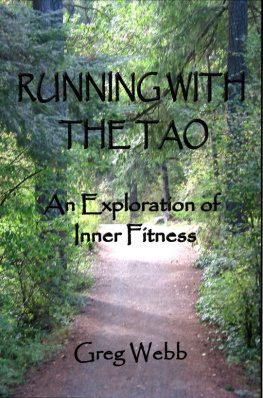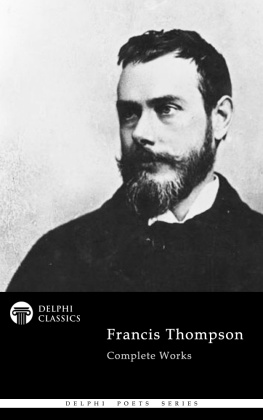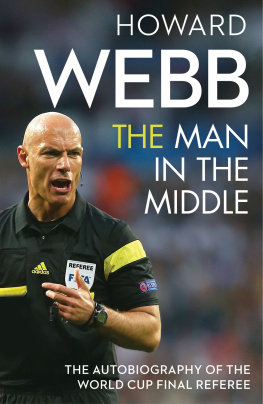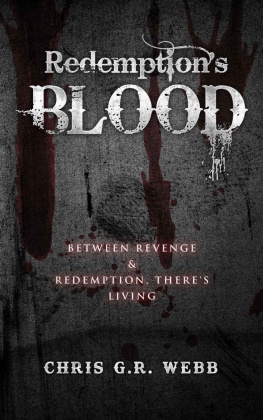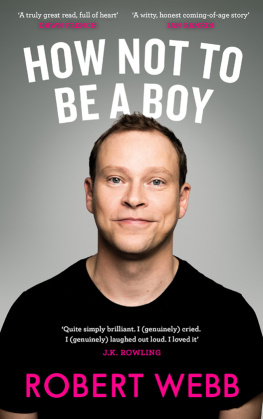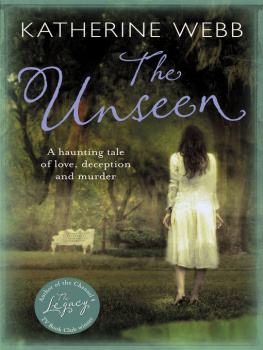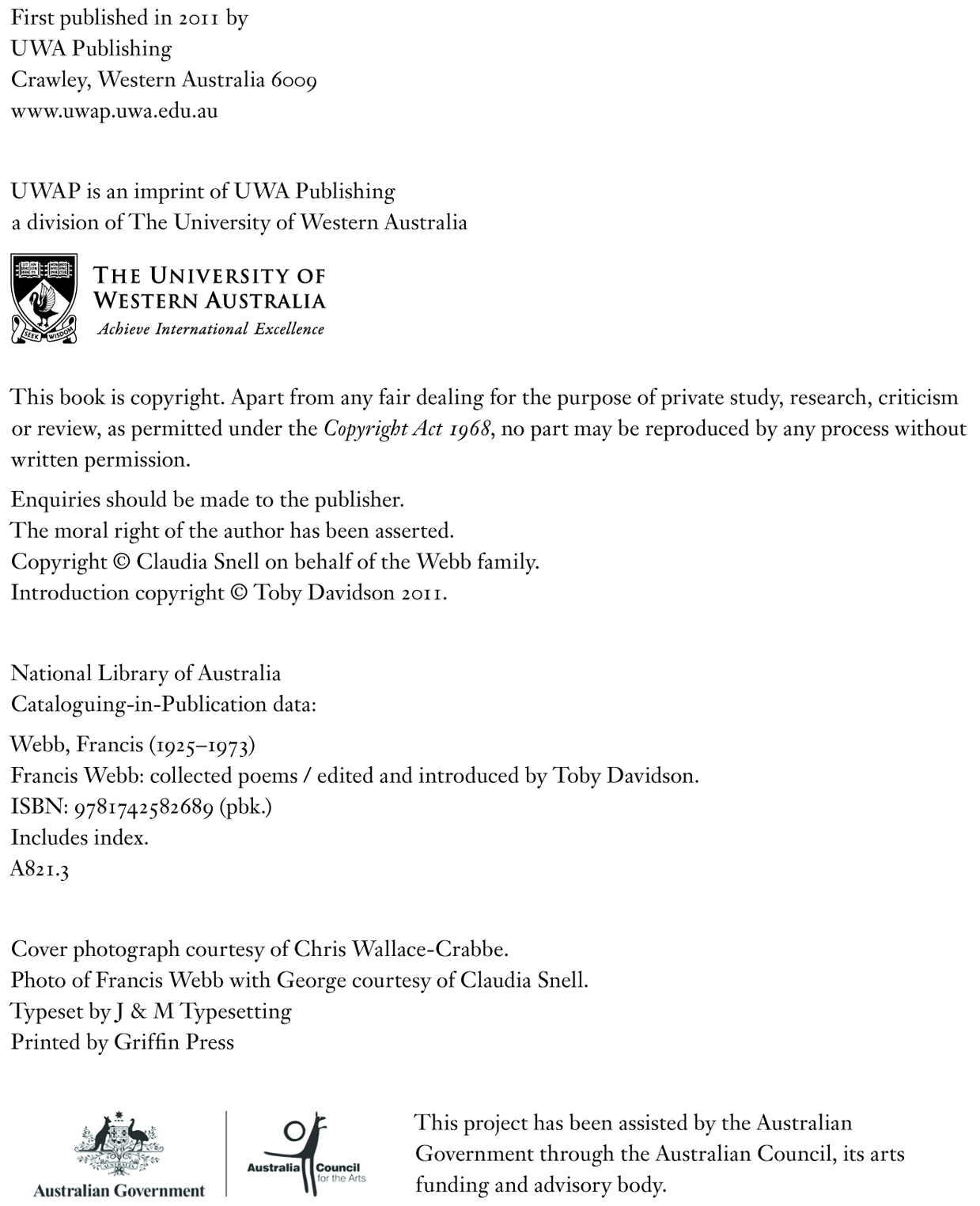Francis Webb (19251973) grew up in North Sydney with his paternal grandparents, who encouraged his love of music, books and the sea. In 1942, during his final year of secondary school, his writing first appeared in the Bulletin. This led to friendships with Douglas Stewart, Nan McDonald, Rosemary Dobson and Norman Lindsay, who illustrated his debut collection A Drum for Ben Boyd. In 1943 he joined the RAAF, completing his training as a wireless air gunner in Canada in late 1944. A keen sportsman, swimmer, hiker and runner, Webb won one-mile races for the air force and the University of Sydney. After a sea voyage from Canada to England in 1949, Webb suffered the first of a series of breakdowns that increasingly restricted his life, but not the prodigious poetic gifts he dedicated to our higher humanity.
Toby Davidson is a lecturer and Australian poetry researcher at Macquarie University, Sydney.
INTRODUCTION
It is my labour: the balm, the draughts, the graces
To open the impasse upon their dying faces.
The Ghost of the Cock
If Francis Webb (192573) is not Australias greatest poet, he is certainly one of Australias great poets, featured in virtually every anthology since Idyll and Images in Winter appeared in Kenneth Slessors Australian Poetry 1945. Successive generations of Australian poets have acknowledged Webbs significance or influence, Judith Wright, David Campbell, Rosemary Dobson, Vincent Buckley, A.D. Hope, Gwen Harwood, Les Murray, Bruce Beaver, Robert Adamson, Kevin Hart, Phillip Salom and Dorothy Porter among them. Astonishing, then, that such a poet should have ever been out of print, and, worse still, improperly rendered in the first place.
Angus and Robertsons 1969 Collected Poems, expanded in the 1977 paperback to include Disaster Bay and Lament for St Maria Goretti, offered the widest range prior to this edition, but as Webbs sister and brother-in-law, Leonie and Peter Meere, have exhaustively detailed in Francis Webb Poet and Brother (2001), it contained textual and paragraphing mistakes, plus only a fraction of early and late works. Michael Griffith and James A. McGlades selection Caps and Bells: The Poetry of Francis Webb (1991) included most of these works and a valuable notes section, but as Patricia Excell points out in her 1993 review of Cap and Bells, Webbs largely unheeded changes to the 1969 edition, held in correspondence at the New South Wales State Library, were not consulted and the old errors remained.
The aim of this edition is to restore the Webb corpus to its correct sequential order, with each poem in its final form. Well-known works including Morgans Country, The Canticle, Light, The Brain-washers, Around Costessey: Scherzo and Adagio of Bruckners Ninth and Nessun Dorma are now as the author intended them in his 196869 correspondence with Angus & Robertson editor and former mentor Douglas Stewart (191385), who Webb at the time dubbed Australias greatest poet (17/11/68, Mitchell Library MSS 3269). Despite good intentions, Stewart ignored some of Webbs changes and did not have access to the greater share of unpublished works. The two poems collected for the 1977 edition were in fact selected from eleven works published in Poetry Australia 56: Francis Webb Commemorative Edition (1975).
With the advantages of hindsight and scholarship, a definitive Webb corpus can now be established through a series of long-overdue renovations. Three unfinished poems plus a suite of four completed works composed after the greater share of Leichhardt in Theatre are included from Francis Webb Poet and Brother. Webbs own notes now introduce the longer sequences and his Authors Notes are expanded from the Stewart correspondence. The exception to this is Leichhardt in Theatre (so not to disrupt the theatre motif), but this is countered by information in from Leichhardt Pantomime and an extensive entry in the Authors Notes from Stewarts anthology Voyager Poems (1960). from Leichhardt Pantomime (1947) now appears before Webbs debut book A Drum for Ben Boyd (1948), not as the opening to Leichhardt in Theatre as in Cap and Bells; for although it serves as a clear progenitor of the Leichhardt sequence, much as At Twofold Bay prefigures A Drum for Ben Boyd, Webb himself cut it as a prelude and epilogue. A technical exception of sorts has been made for the latter portion of Webbs first epic Disaster Bay (194546), later revised for Leichhardt in Theatre. Strictly speaking, this should be omitted in favour of the 1952 Leichhardt version, but to do so would disrupt the unity of this important early piece, while transplanting the later version would corrupt Leichhardt in Theatre. Thus, I have retained the last portion of Disaster Bay in its original form, after which from Disaster Bay serves as a tangible example of Webbs editing and revising. I have chosen not to implement minor, possibly accidental, verbal changes to Morgans Country, Bells of St Peter Mancroft and St Therese and the Child in Webbs Poets on Record recording released in 1975, leaving these, with their tiny authorial commentaries, for my Notes on the Poems section. Webb was a fastidious editor of his poetry, and on the handful of occasions I have intervened it has been in consultation with evidence-based scholarship and for reasons given in the Notes on the Poems. Titles and subtitles of poems in quotation marks, such as those in A Drum for Ben Boyd, aim to further assist the reader in keeping with the style of previous collected editions, although the first entry for Ben Boyd, From Our Roving Reporter, belongs to Webb.
Finally, I have left aboriginal with a small a for textual veracity, though Webbs deep respect for Indigenous Australians informs his challenges to colonial delusions in Balls Head Again, End of the Picnic and Eyre All Alone and he would have no doubt endorsed such a change out of both this respect and his late penchant for capitalisation. Episodes of antiquated intolerance, such as that of the whaler in A Drum for Ben Boyd, expose a characters objectionable nature rather than any view of the author, and the whaler chapter in the original 1948 edition was accompanied by an especially atavistic Norman Lindsay cartoon. Webbs life-long empathy for the vulnerable, marginalised and oppressed is continually reaffirmed from The Hulks at Noumea to Ward Two and it is indistinguishable from his Catholicism. Time and again he warns of the perils of a disconnected humanity which indulges the catastrophic entitlement of the Mask in Birthday, while advocating the humility, compassion and transcendence of The Canticle in all their cosmic immediacy.
Francis Webb was an ambitious, energetic and structurally sound poet from a young age. His earliest surviving poem The Hero of the Plain is dated here as 1940 when its appearance in a local childrens page Sunrise marked Webbs emergence as a public poet; however, Leonie and Peter Meere estimate its earliest composition date as 1932, at age seven. This goes some way towards explaining Douglas Stewarts reaction to A Drum for Ben Boyd sixteen years later:
When I first read it my opinion could be stated in two words. It was major poetry. For Webb to have written it at the age of twenty-two is an extraordinary achievement; without parallel, I imagine, considering its maturity and its merits, in Australian literature. (Stewart, An Australian Epic,



